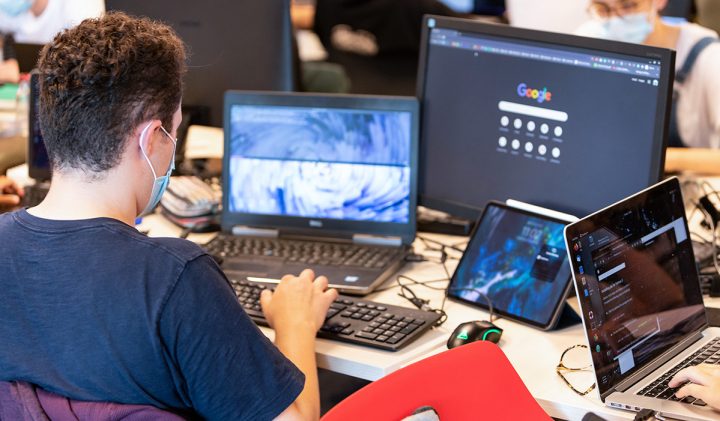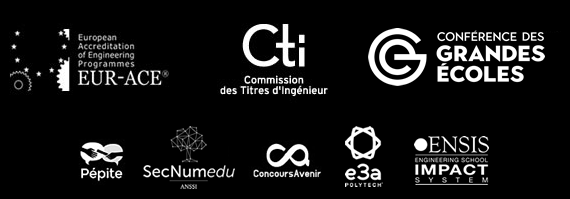If the past two years have proved anything, it is the importance of rapid adaptability when facing crisis and uncertainty. To prepare for 2022 and what it might hold, companies began accelerating their digital transformation and prioritizing specific technology trends.
Let’s dig into some of the most anticipated tech predictions of the upcoming year.
The Rise of NTFs
Unless you’ve been living under a rock, you know by now that NFTs are taking over and selling for millions.
Non-fungible tokens are the latest cryptocurrency phenomenon to go mainstream. They transform digital works of art and other collectibles into one-of-a-kind, verifiable assets that are easy to trade on the blockchain.
So for a cryptocurrency, one bitcoin is no different from another bitcoin. For an NFT, each token is unique.
The cutting edge of finance and technology presents unique opportunities for investment, and most technologies related to Blockchain such as NFTs are not exactly new, but what’s new is their recent popularity and performance in a strange market affected by the pandemic, and from the looks of it NFTs will remain hyped in 2022 and perhaps beyond.
The Widespread Use of Blockchain Technology
From businesses to consumer applications, blockchain technology will positively affect the world in the next decade. Its impact will range from new utilities such as smart contracts that allow for supply chains to be optimized to being able to eliminate ad fraud, as well as promote true transparency in business transactions.
Optimizing Hybrid Working
Businesses will continue to modernize the workplace and rethink workflows to optimize for hybrid working arrangements. New technology solutions and space redesigns will be adopted for hybrid collaboration.
Moreover, the Internet of Things, AI, and automation will help businesses fill gaps created by the labor shortage while optimizing staff and their adoption will continue to accelerate as the positive business impact of improved efficiency and staff morale is recognized.
Welcome to the Metaverse
Facebook’s CEO Mark Zuckerberg introduced Meta, which brings together the platform’s apps and technologies under one new company brand with the main focus of bringing the metaverse to life and helping people connect, find communities and grow businesses.
The idea of metaverse has existed since the early 2000s, with the whole concept of virtual life, but it will continue to blow up because of the hype around its underlying technologies. Blockchain will gain massive adoption. Cryptocurrencies will seek mainstream use. NFTs will be in circulation on a scale yet unseen.
Where does VR Stand?
When you think of VR your head automatically goes to terms such as “immersive” or “living life online” and immediately see a headset or a remote. With complaints varying from heavy headsets, motion sickness, poor and low-quality content, tech giants are making it a challenge to create an immersive internet experience and take VR to the next level by making devices more comfortable for longer wear, offering advanced optics and visuals, and better live usage for the professional work context.
How to Get Ready for these Tech Changes?
ESiLv is offering the Fintech major as one of the Master’s in Engineering degree that aims to train future engineers in all the innovative technology that is essential for evolving and innovating in businesses that are reinventing financial professions and technology.
Taking it a step further a flagship blockchain course was developed with the support of the renowned research professor Cyril Grunspan, offering a comprehensive course on blockchain and bitcoin. The school also initiated the first academic research on the subject and is currently working on partner blockchain projects. ESILV’s fintech course has become a benchmark for all economic and institutional players in the field.
If you’re looking to take your passion for tech to the next level, then this specialization is right for you.






















